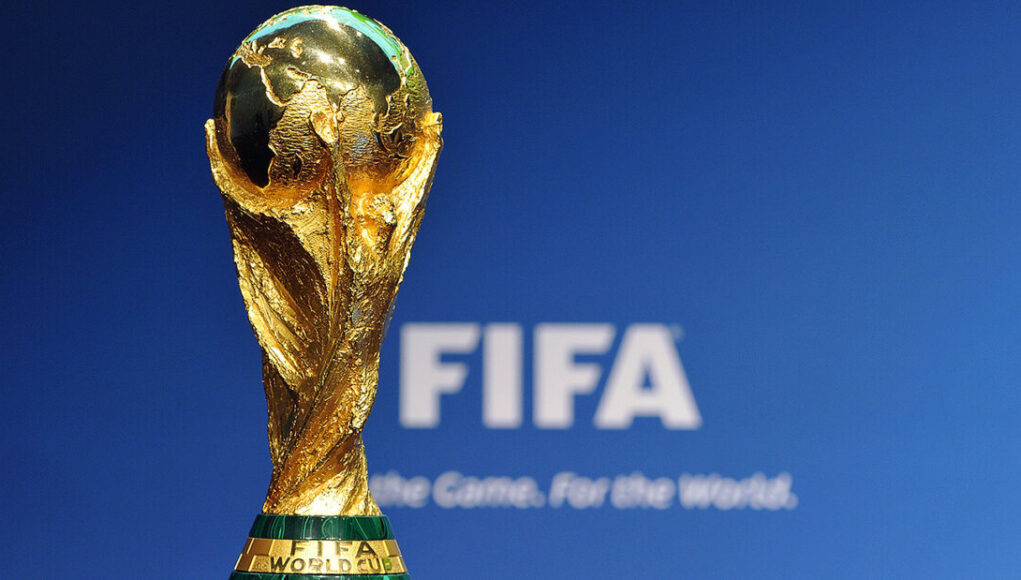FIFA will announce the 2030 and 2034 World Cup hosts on Wednesday. Saudi Arabia is virtually guaranteed to host the 2034 competition, while Morocco, Spain, and Portugal will share hosting responsibilities for 2030.
The decisions, expected to be formalised during a virtual FIFA Congress, come as both bids remain uncontested. The 2030 edition, marking the centenary of the first World Cup in Uruguay, will also feature a unique gesture with opening games hosted by Uruguay, Argentina, and Paraguay. This unprecedented arrangement spans three continents: Europe, Africa, and South America.
The 2034 tournament, reserved for Asian or Oceanian bidders under FIFA’s continental rotation policy, will go to Saudi Arabia following the withdrawal of Australia and Indonesia.
The Morocco-Spain-Portugal bid was confirmed as the sole contender after other potential rivals, including a British-Irish bid and a South American coalition, dropped out. Morocco, hosting for the first time after five failed attempts, joins Spain and Portugal as co-hosts. Key stadiums include Madrid’s Santiago Bernabéu, Barcelona’s Camp Nou, and Morocco’s planned Hassan II Stadium, set to become the world’s largest with a 115,000-seat capacity.
Uruguay, where the first World Cup was held in 1930, will host a ceremonial opening match alongside Argentina and Paraguay. However, all remaining games will take place in Europe and Africa, concluding with a final likely in July 2030.
Meanwhile, Saudi Arabia’s unopposed bid for 2034 signals another major milestone in the Gulf kingdom’s investment in global sport. Despite concerns about infrastructure—currently having just two of the required 14 large stadiums—Saudi Arabia is expected to meet the demands of hosting the expanded 48-team tournament.
The decision is not without controversy. Human rights organisations have criticized Saudi Arabia’s record, highlighting issues such as mass executions, restrictions on women, and suppression of free expression. The kingdom has also faced accusations of sportswashing by leveraging high-profile events to enhance its global image.
With scorching summer temperatures in Saudi Arabia, climate conditions may necessitate a shift in tournament scheduling, as seen with Qatar in 2022. Additionally, Ramadan falls in December 2034, complicating a potential winter World Cup.










